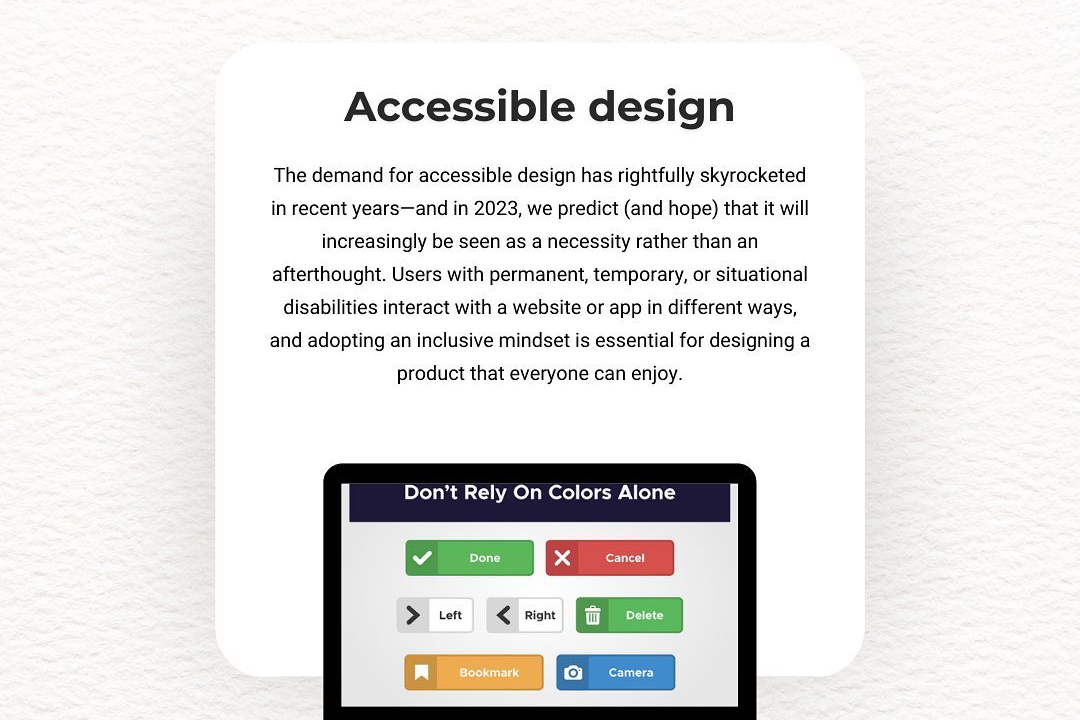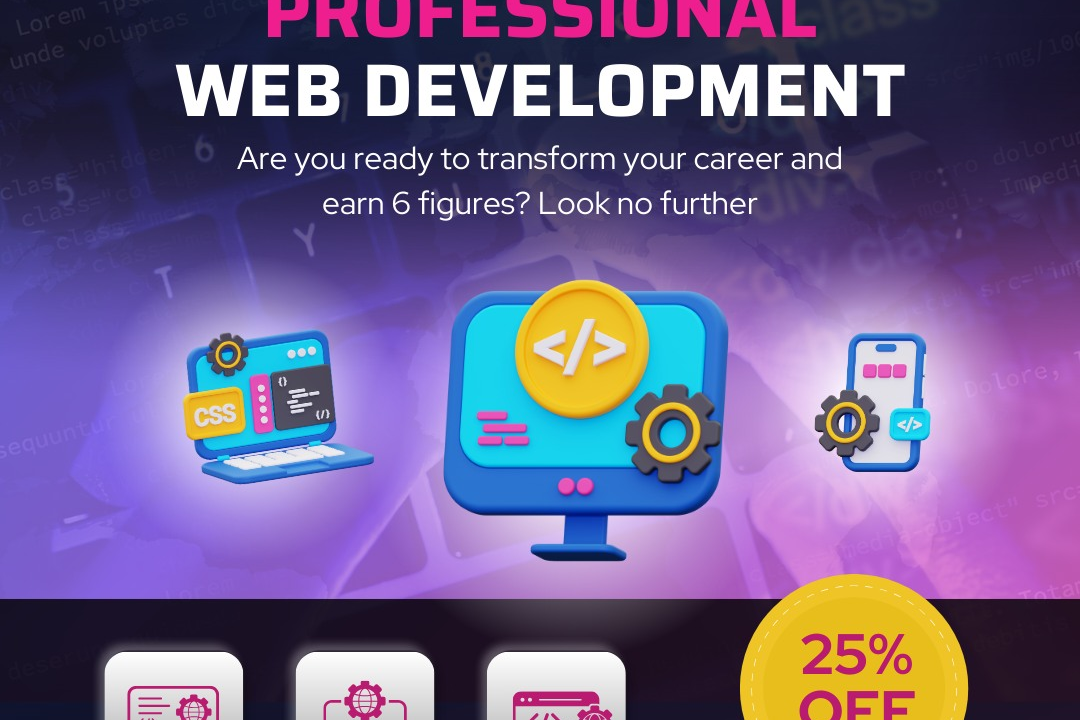Free Download Interview Php Programming Star
The "Free Download Interview PHP Programming Star" is a valuable resource designed to help aspiring
Free Download Interview Php Programming Star
The free download interview PHP programming star is an essential resource for aspiring developers aiming to excel in PHP interviews. It offers a curated collection of common questions, answers, and coding scenarios that help candidates understand key concepts and prepare effectively. By studying this material, interviewees can boost their confidence, improve their problem-solving skills, and increase their chances of securing a PHP development role. It’s a valuable tool for both beginners and experienced programmers to refine their knowledge and stand out in technical interviews.
To Download Our Brochure: https://www.justacademy.co/download-brochure-for-free
Message us for more information: +91 9987184296
The free download interview PHP programming star is an essential resource for aspiring developers aiming to excel in PHP interviews. It offers a curated collection of common questions, answers, and coding scenarios that help candidates understand key concepts and prepare effectively. By studying this material, interviewees can boost their confidence, improve their problem solving skills, and increase their chances of securing a PHP development role. It’s a valuable tool for both beginners and experienced programmers to refine their knowledge and stand out in technical interviews.
Course Overview
The “Free Download Interview PHP Programming Star” course provides essential PHP interview preparation, covering key concepts, common questions, coding exercises, and real-world scenarios to boost confidence and enhance technical skills for successful PHP job interviews.
Course Description
The “Free Download Interview PHP Programming Star” course offers comprehensive interview preparation for PHP developers, covering core concepts, coding challenges, and practical scenarios to help learners excel in PHP job interviews and advance their careers.
Key Features
1 - Comprehensive Tool Coverage: Provides hands-on training with a range of industry-standard testing tools, including Selenium, JIRA, LoadRunner, and TestRail.
2) Practical Exercises: Features real-world exercises and case studies to apply tools in various testing scenarios.
3) Interactive Learning: Includes interactive sessions with industry experts for personalized feedback and guidance.
4) Detailed Tutorials: Offers extensive tutorials and documentation on tool functionalities and best practices.
5) Advanced Techniques: Covers both fundamental and advanced techniques for using testing tools effectively.
6) Data Visualization: Integrates tools for visualizing test metrics and results, enhancing data interpretation and decision-making.
7) Tool Integration: Teaches how to integrate testing tools into the software development lifecycle for streamlined workflows.
8) Project-Based Learning: Focuses on project-based learning to build practical skills and create a portfolio of completed tasks.
9) Career Support: Provides resources and support for applying learned skills to real-world job scenarios, including resume building and interview preparation.
10) Up-to-Date Content: Ensures that course materials reflect the latest industry standards and tool updates.
Benefits of taking our course
Functional Tools
1 - PHP Development Environment: The course utilizes popular PHP IDEs such as Visual Studio Code, PHPStorm, and Sublime Text, which provide a user friendly interface for writing, debugging, and testing PHP code. These tools come with features like syntax highlighting, autocomplete, and error detection, making coding efficient and minimizing common mistakes. They support multiple plugins and extensions that enhance productivity, allowing students to customize their workspace according to their preferences. Learning to navigate these environments prepares students for real world development scenarios where such tools are standard. The course emphasizes setting up local servers like XAMPP or WAMP, which simulate web hosting environments, enabling learners to run and test PHP applications on their machines seamlessly.
2) Database Management Tools: MySQL Workbench and phpMyAdmin are integral to this training, enabling students to create, modify, and manage databases effortlessly. These tools offer visual interfaces that simplify complex SQL queries, database design, and data manipulation tasks. Through practical projects, learners gain hands on experience in establishing database connections, optimizing queries, and maintaining data integrity—an essential skill for backend development roles. The course covers best practices for database security and performance tuning, making students confident in handling real world data driven applications.
3) Version Control Software: Git, along with platforms like GitHub or GitLab, is extensively used to teach students about version control. These tools facilitate collaborative coding, track changes, and maintain code history, which are critical for team projects and professional software development. Students learn to create repositories, commit changes, branch, and merge code efficiently. Integrating version control into their workflow helps them understand software project management principles, improve code quality, and prepare for industry standard development practices. The course provides exercises that simulate real project environments where version control is mandatory.
4) Front End Technologies: HTML, CSS, and JavaScript are covered as foundational tools for creating interactive and visually appealing web pages that connect with PHP backend scripts. The course uses browsers and code editors to demonstrate principles of responsive design, user experience, and front end validation. Students learn how to embed PHP within HTML, style pages with CSS, and add interactivity with JavaScript, making their applications dynamic and user friendly. These tools collectively enable learners to develop full stack projects, blending client side and server side functionalities seamlessly.
5) Debugging and Testing Tools: Tools like Xdebug and Firebug are introduced to help students identify and fix errors in their PHP code effectively. These debugging tools allow step by step execution, variable inspection, and performance profiling, ensuring code reliability. The course emphasizes writing test cases and using PHPUnit for automated testing, which promotes best practices in software development. By mastering these tools, students can produce bug free, high quality applications, gaining confidence in deploying their projects in professional environments.
6) Workflow Automation and Deployment Tools: The training incorporates tools such as Composer for dependency management and Docker for containerization. Composer automates the installation and update of external PHP libraries, streamlining project setup and ensuring compatibility. Docker creates uniform development environments, reducing issues caused by configuration differences and simplifying deployment processes. Learning these tools prepares students to manage complex projects efficiently, collaborate with teams, and deploy applications reliably across various environments, aligning with industry standards.
7) API Testing Tools: Postman and Swagger are employed to teach students how to test, document, and integrate APIs within their PHP projects. These tools offer intuitive interfaces for sending requests, analyzing responses, and creating comprehensive API documentation. They enable learners to understand RESTful principles and optimize API interactions, which are crucial in building scalable web applications. Mastering API testing ensures that students can develop secure, robust, and interoperable backend services suitable for modern software ecosystems.
8) Content Management System Platforms: The course explores popular CMS tools such as WordPress and Joomla to demonstrate real world PHP application development and customization. Students learn how these platforms work under the hood, modify themes, and develop plugins using PHP, broadening their skill set beyond static coding. Working with CMS tools exposes learners to content management best practices, extension development, and deployment strategies, vital for roles that involve website management and client specific customizations.
9) Security Testing Tools: The training includes tools like OWASP ZAP and Burp Suite to teach students how to identify security vulnerabilities in PHP applications. These tools scan for issues such as SQL injection, cross site scripting (XSS), and insecure configurations, enabling learners to implement necessary safeguards. Learning security testing ensures that students develop resilient applications that protect user data and comply with security standards—an indispensable aspect of professional web development.
10) Cloud and Hosting Platforms: AWS, Azure, and DigitalOcean are introduced for deploying and hosting PHP applications in cloud environments. These platforms provide tools for setting up servers, databases, and load balancers, giving students practical experience with scalable infrastructure solutions. The course covers deployment workflows, environment configuration, and monitoring tools, preparing learners to manage live applications responsibly. Familiarity with cloud services equips students for modern development roles where cloud deployment is often a requirement.
11 - Continuous Integration/Continuous Deployment (CI/CD) Tools: The course introduces Jenkins, GitHub Actions, and GitLab CI/CD pipelines to automate building, testing, and deploying PHP applications. These tools help students understand the importance of automated workflows, reducing manual errors and speeding up release cycles. Learners gain hands on experience in integrating code repositories with deployment environments, enabling seamless updates and maintaining high software quality. Familiarity with CI/CD practices aligns students with industry standards for agile development and DevOps.
12) Front End Frameworks and Libraries: Basic exposure to JavaScript frameworks like Bootstrap and jQuery helps students enhance their front end interfaces. These libraries simplify responsive design and dynamic content creation, allowing PHP developers to craft engaging user interfaces without extensive front end expertise. The coursework demonstrates how to integrate these frameworks into PHP projects, promoting a cohesive full stack development approach.
13) Data Visualization and Reporting Tools: The training covers integration with libraries like Chart.js and Google Charts to enable dynamic data visualization within PHP applications. Students learn to generate interactive charts and reports directly from database data, which is crucial for analytics driven applications and dashboards. These skills are valuable in creating user friendly insights, making applications more informative and impactful.
14) Mobile App Integration: Introduction to APIs and tools for connecting web applications with mobile platforms fosters an understanding of cross platform development. Students learn how to create RESTful APIs and consume them in mobile apps, facilitating the development of hybrid or native mobile solutions that work seamlessly with PHP backends. This knowledge prepares learners for building comprehensive, multi platform digital experiences.
15) Error and Log Management Tools: Tools like Loggly, Graylog, and Monolog are incorporated to teach students about system logging, monitoring, and troubleshooting. They learn to track application errors, analyze logs, and set up alerts for anomalies, ensuring high availability and performance of PHP applications. Effective log management is essential for maintaining scalable and stable systems in production environments.
16) Web Server Configuration and Optimization: The course delves into configuring Apache and Nginx servers for optimal PHP application performance. Students learn about virtual hosts, URL rewriting, security headers, and caching strategies to enhance app speed and security. Mastering server configuration ensures that learners can deploy applications in production environments with confidence.
17) Payment Gateway Integration: Practical modules guide students on integrating popular payment gateways such as PayPal, Stripe, and Razorpay into PHP websites. These modules cover secure transaction processing, webhook handling, and compliance considerations, equipping learners to develop e commerce platforms and online service portals that handle real time payments confidently.
18) Localization and Internationalization Tools: The course introduces tools and techniques for creating multilingual PHP applications using libraries and frameworks that support localization. Students learn to develop globally accessible websites, manage translations, and adapt date/time formats and currencies, expanding their ability to serve diverse markets effectively.
19) Testing and Quality Assurance Tools: In addition to PHPUnit, students are introduced to Selenium and Behat for automated UI testing and behavior driven development. These tools ensure that PHP applications function correctly across browsers and meet user expectations before deployment, fostering a culture of quality and reliability.
20) Documentation and Collaboration Platforms: The course highlights the use of Confluence, Notion, and shared Git repositories for documentation and team collaboration. Emphasizing clear documentation practices and effective communication prepares students for working in collaborative agile teams, ensuring project coherence and knowledge sharing across development cycles.
Browse our course links : https://www.justacademy.co/all-courses
To Join our FREE DEMO Session:
This information is sourced from JustAcademy
Contact Info:
Roshan Chaturvedi
Message us on Whatsapp: +91 9987184296
Email id: info@justacademy.co












